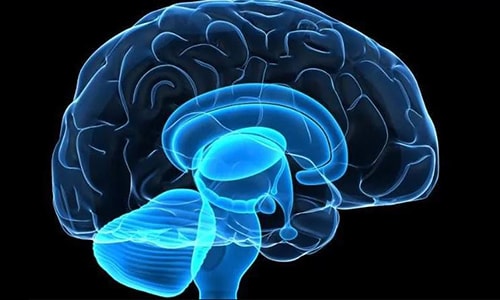Decoding genes related to homosexuality
The research team found significant differences in two genes, SLITRK5 and SLITRK6, between homosexual and heterosexual men.
 |
Scientists have discovered genes linked to homosexuality in the largest study yet into the genetic basis of gender identity, the Telegraph reported on December 7. This is the first time scientists have studied the complete genomes – the entire DNA code of a person – of more than 1,000 gay men and then compared them with the genomes of straight men.
The research team discovered that the DNA code of homosexual men is different from that of normal (heterosexual) men in two genes SLITRK5 and SLITRK6. In particular, SLITRK6 is an important gene for brain development, active specifically in a brain region including the hypothalamus.
The hypothalamus plays a key role in producing hormones that control sexual desire and orientation. Research shows that parts of the SLITRK6 gene are 34% larger in gay men than in straight men.
In addition, researchers from the North Shore University Research Institute in Illinois, USA also discovered differences in the TSHR gene, a thyroid-related gene that affects human sexual orientation.
 |
| Scientists discovered differences in genes active in the hypothalamus and thyroid-related genes between gay men and straight men. Photo: Telegraph. |
Participants in the initial study were assessed for sexual orientation based on their self-reported sexual feelings. Scientists then took DNA samples from their blood and saliva for analysis and comparison.
"Sexuality is an essential part of life, both for individuals and for society. Therefore, understanding the development and expression of human sexuality is essential," said Dr. Alan Sanders, lead author of the study. "The aim of the study was to understand the genetic basis of male sexual orientation, which will help expand our understanding of the biological mechanisms that influence human sexuality and sexual orientation."
Professor Robin Lovell-Badge from the Francis Crick Institute, UK, appreciated this new research topic, but said there is still much work to be done to be able to identify the "gay gene".
"This new research helps us understand more about the influence of genes on human behavior, but this is a very complex issue. Even if a gene variant shows a correlation with sexual orientation, this does not necessarily mean that the gene determines homosexuality,"Professor Robinshare.
McVean, Professor of Statistical Genetics at Oxford University, also said that sexuality is influenced by many different factors, such as environment, personal experience and biological variations. "The genetic effects are too weak to be able to make diagnoses about sexual orientation and gender. I don't see any direct applications from this research,"ProfessorMcVean said.
According to VNE
| RELATED NEWS |
|---|

